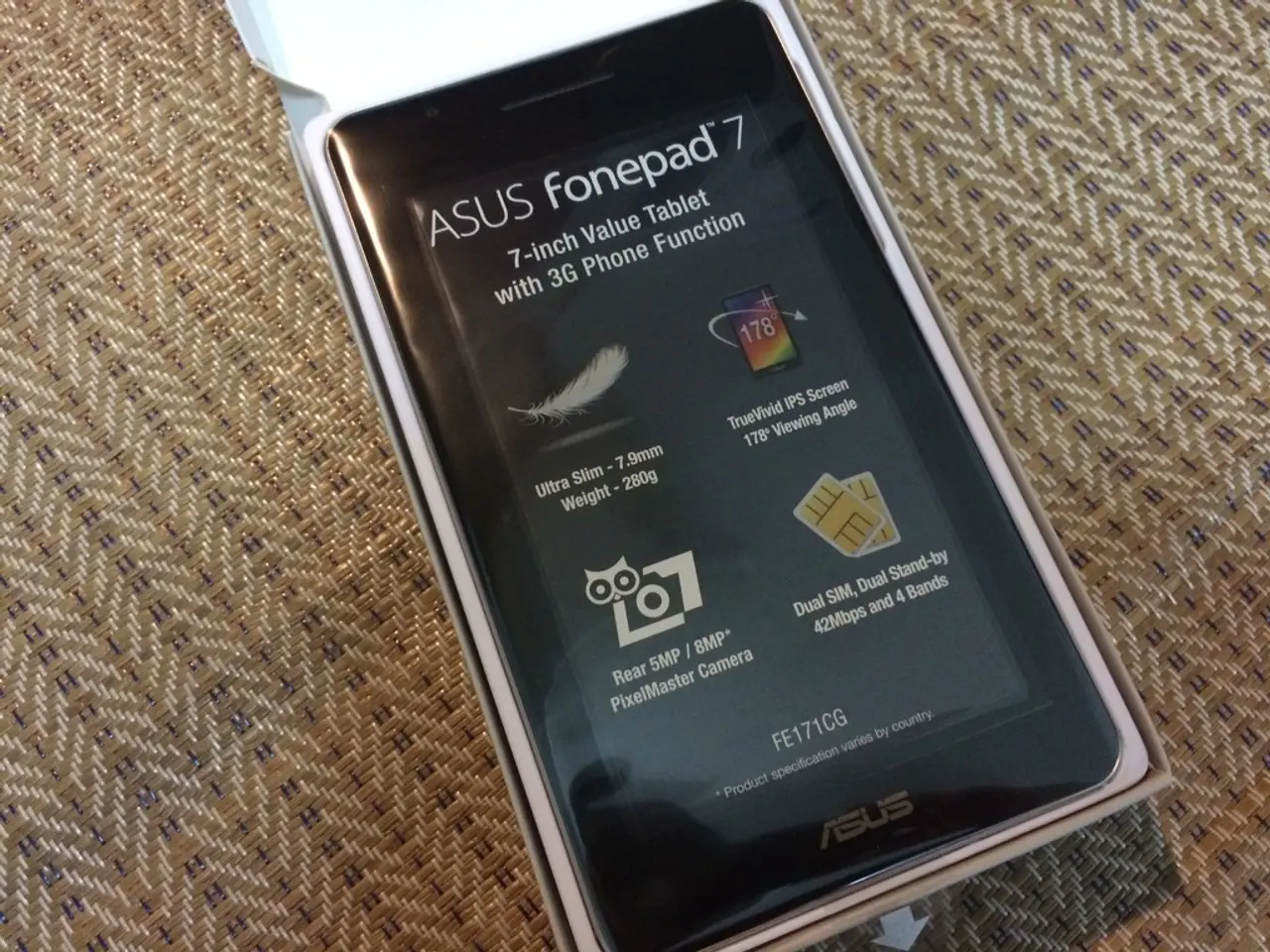Traditional Marketing Loses Steam as Tech-Savvy Consumers Demand More
Traditional marketing methods are losing their effectiveness as consumers become more tech-savvy and demanding. Brands must now adopt innovative strategies to engage consumers across multiple channels for a seamless experience. This shift is driven by technological advancements and evolving consumer behaviour.
The rise of mobile technology has been a significant factor in this transformation. The number of smartphone owners has surged, with 88% of 16-24 year olds now owning one. This 'have it now' culture, coupled with shorter attention spans, is pushing businesses to innovate and adapt. Even small business ideas must operate globally, making it crucial to stay ahead of technological evolution.
The internet and smartphones have revolutionised industries. The publishing and retail sectors, like Blockbuster, have felt the impact of not adapting to these changes. Meanwhile, the decline in standalone satnav sales mirrors the obsolescence of pagers, VHS tapes, and fax machines. Consumers now prefer mobile phone or in-built car navigation systems, leading to a rapid decline in satnav sales. The Office for National Statistics (ONS) has even removed satnavs from its UK inflation 'basket of goods'.
In this rapidly changing landscape, successful businesses must anticipate and meet consumers' needs. They must embrace innovation and adapt to technological progress to provide a seamless omnichannel experience. Failure to do so could lead to the same fate as the once-dominant Blockbuster or the now-defunct standalone satnav industry.
Read also:
- Election Protection Consultants: Crucial Role in 2024 and Beyond
- Homeownership Dreams Dashed: High Prices and Rates Keep Young Americans Out
- Government Updates: Key Points from Today's Press Information Bureau (12-09-2025)
- Unfair Expenditure Distribution, Secret Tourists, Looming Rabies Threats: Latest News Roundup





